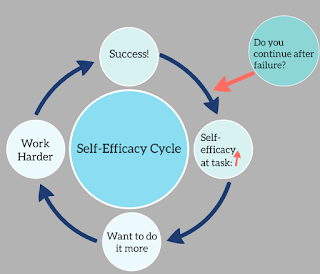Social Studies AIR Testing - Stefanie Hatfield
Recently, ODE decided to remove the 4th and 6th grade SS AIR test requirement. This is not the first time they have done this - back in the OAA days, 6th grade students were required to take a social studies standardized test but it was eliminated to save costs (along with the 4th grade writing test). When those tests were eliminated, the focus on social studies instruction in many schools dropped dramatically. Because of the high stakes associated with the reading and math tests (and to some extent the science, though not as much), schools, especially elementary schools, began to focus almost completely on those subjects, leaving social studies to be taught "when there's time". As a result, I saw students going in to middle and high school with a significant lack of background knowledge needed to be successful in high school social studies courses. I worry that the same will happen again, now that Ohio has once again eliminated the test. While I don't agree with


